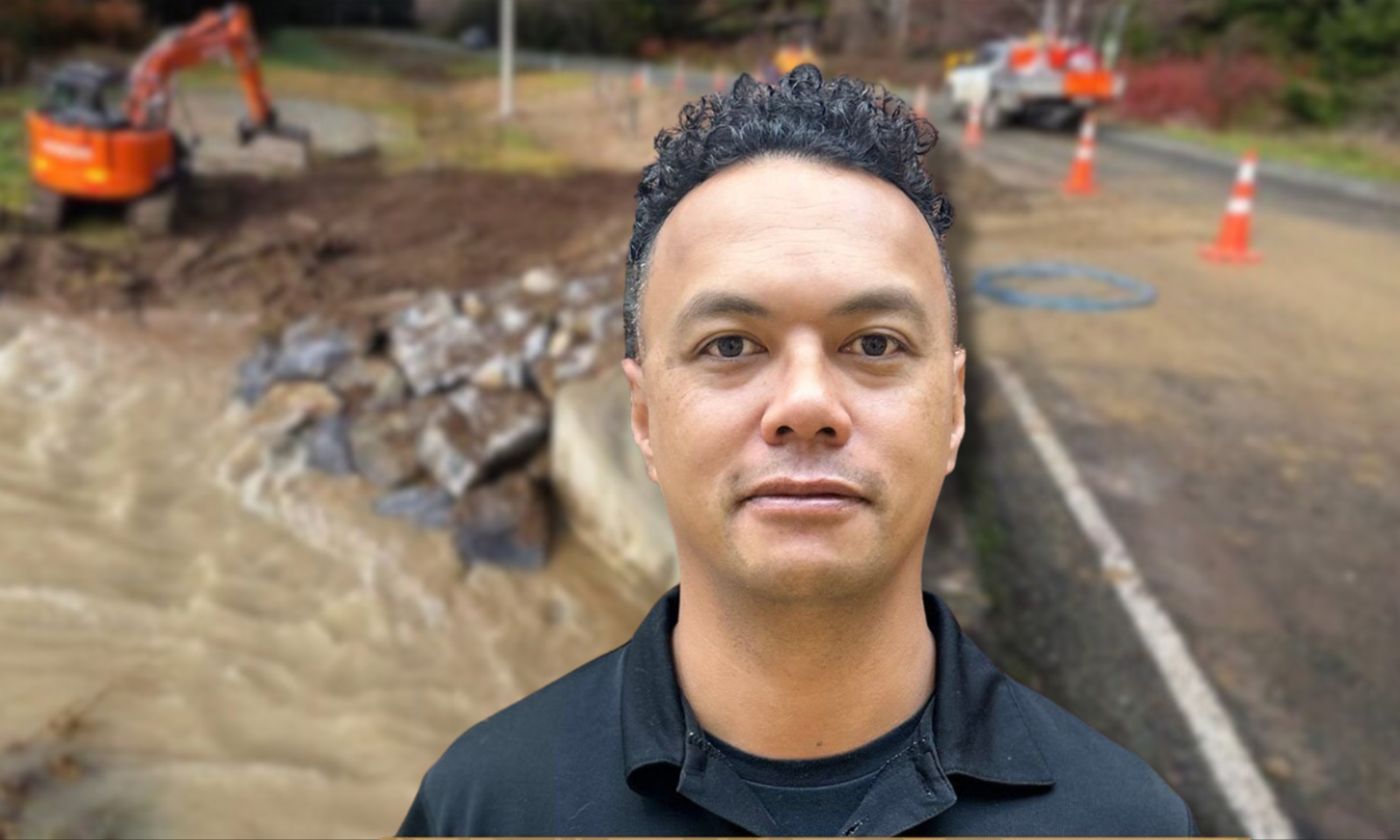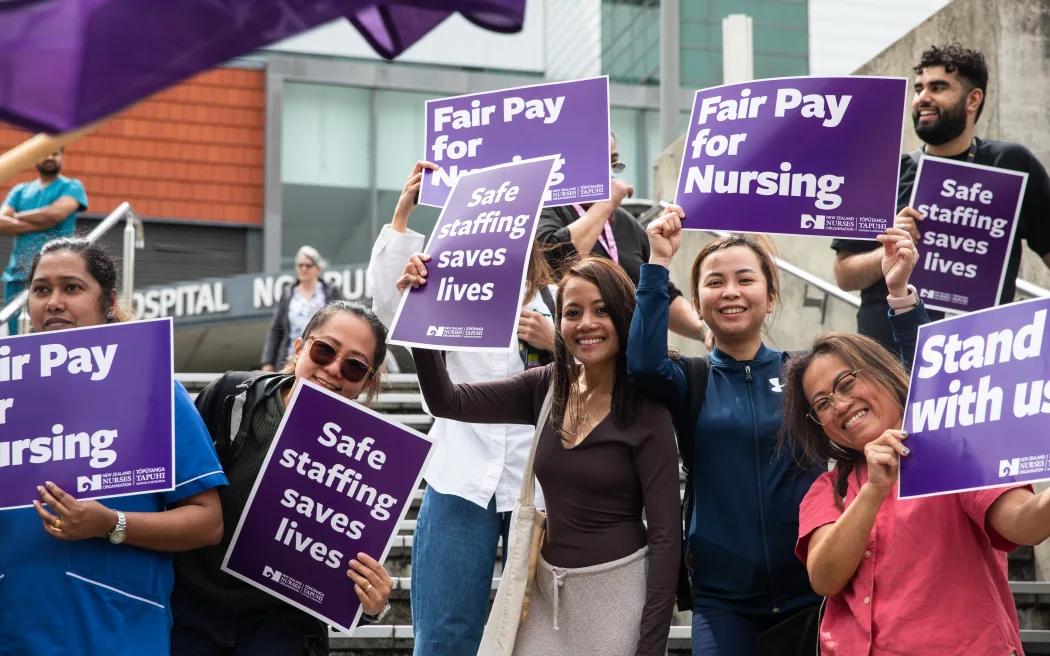

E tū campaign organiser Fala Haulangi say the changes to partial strike action are unfair.
Photo/E tū Facebook/Whau Pasifika
Pay cut law threatens Pacific workers: Union calls out unfairness
E tū campaigner Fala Haulangi warns the legislation could lead to more disruptive actions as employees push back against unfair practices.

Documentary portrayal of a Sāmoan author becomes deeper story about mental health



A new law allowing employers to cut pay during partial strikes is raising concerns among union leaders in New Zealand, who believe it unfairly targets low-paid Pacific workers and their families.
Fala Haulangi, a campaigner with the E tū Union, argues that the Government’s recent legislation will disproportionately impact Pasifika workers, most of whom earn the minimum wage.
The Employment Relations Amendment Act, passed last week, allows employers to deduct at least 10 per cent of a worker’s pay if they take part in a partial strike, which might include actions like refusing to work overtime or only doing important duties during negotiations.
In an interview with Sanele Chadwick on Pacific Mornings, Haulangi describes the law as unjust, saying, “This is just another stupid and unjust law that this government is introducing to punish hard-working New Zealand workers.
“Especially our low-paid workers who are on minimum wage, who want to make sure their voices are heard, and they are respected and valued for the work that they do.”
Workers use partial strikes to draw attention to unsafe or unfair conditions without stopping work altogether.
Haulangi says the new law does not accurately reflect what partial strikes are about. Instead of neglecting their duties, she says workers are asked to do extra tasks when someone is sick or away.
She says many Pasifika workers help out their colleagues because they care. “Most of the time, the employer doesn’t have to tell you. You use your bloody common sense and say, ‘Hey, I want to help my colleagues’.
“Our aged care workers, they’re already underpaid, as you know, the pay equity has been scrapped. So when they stay back after their paid time to finish the job, it’s because they care, not because they have to.”
Watch Fala Haulangi's full interview below.
The political position
In response to the opposition, Workplace Relations Minister Brooke van Velden says the law is designed to create a fairer bargaining process and reduce disruptions caused by partial strikes.
“Rebalancing collective bargaining settings will support the Government’s priority to deliver better public services, by reducing disruption and maintaining a high quality of service,” van Velden says in a statement.
But Haulangi says the law is but “another attack” on Pasifika communities rather than a fair adjustment.
“Quite a few of our Pasifika workers are low-paid and in minimum wage jobs. And so to me, this is another attack, not just on workers, but mainly on our Pasifika workers. Shame on this government. I'm so angry.”

Nurses protest their dissatisfaction with the healthcare sector in December 2024. Photo/RNZ
She warns that the threat of losing 10 per cent of their pay could discourage workers from participating in small-scale protests and might lead them to take full-day strikes instead.
“It’ll just encourage workers to say, ‘I’m going to take the whole full day off on strike’.”
Simon Schofield, of Auckland University’s Law School, suggests more protections are needed, like limiting pay cuts to align with the minimum wage.
“This would encourage employers to pay higher than the minimum wage if they wish to deduct for partial strikes,” he says in his submission on the Employment Relations (Pay deductions for Partial Strikes) Amendment Bill. “If the employee’s output is not worth the minimum wage, then the option remains that the employer can suspend the employee for the duration of the partial strike.”
To Pacific employers and leaders, Haulangi urges fair treatment and integrity.
“Stop exploiting workers, because they have every right to be paid what they’re entitled to. Without workers, you won’t have a business to run. It should be a win-win situation for you and for the workers, the whānau and the communities.”